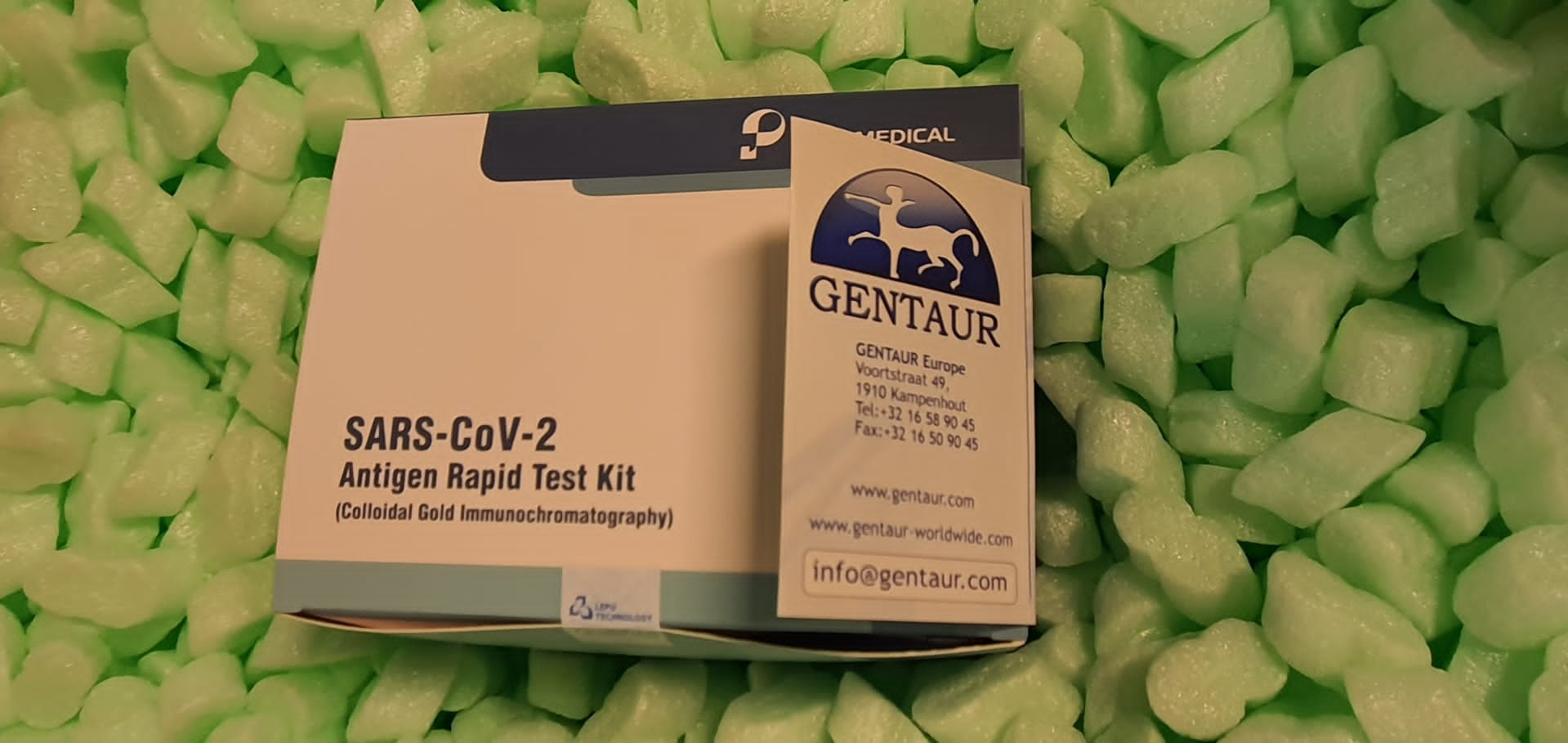
- Antibodies
- Assay Kits
- Biology Cells
- Cancer Products
- cDNA
- Clia Kits
- Default
- Devices
- DNA Templates
- DNA Testing
- Elisa Kit
- Elisa Kits
- Equipments
- Gels
- Group-based exercise in daily clinical practice to improve physical fitness in men with prostate cancer undergoing androgen deprivation therapy: study protocol.
- Isotypes
- Mentorship in Radiation Oncology: Role of Gender Diversity in Abstract Presenting and Senior Author Dyads on Subsequent High-Impact Publications.
- NATtrol
- Panel
- Particles
- Pcr Kits
- Peptides
- Reagents
- Recombinant Proteins
- RNA
- The impact of the open-access status on journal indices: oncology journals.
- Tissue
- Tissue Array
- Uncategorized
- Vector & Virus
- Western Blot
In response to the COVID-19 social distancing tips, residency and fellowship applications transitioned to digital instruction to ship didactics and proceed with medical schooling. The efficacy of such a totally on-line studying surroundings, nonetheless, stays unknown. To examine its impression on medical schooling, this examine surveyed hematology/oncology fellows at The University of Texas MD Anderson Cancer Center on their attitudes concerning the online-based lecture program. Fellows have been emailed a 19-question survey with questions on demographics, ease of technical entry to the on-line platform, stage of consolation with participation, information acquisition, wellness, and COVID-19-specific protection. A free-text query soliciting methods to enhance upon on-line studying was additionally included. The response fee was 71% (30/42). Most respondents reported straightforward/very straightforward accessibility to the on-line surroundings. Seventy-seven % of the contributors didn’t expertise a technical subject.
Seventy % felt comfy/very comfy with taking part in the convention. Thirty-seven % felt comfy/very comfy with actively providing a solution to questions throughout the interactive board evaluation session. Eighty-seven % would have been extra keen to supply a solution throughout the board evaluation session if an nameless ballot format was utilized. Sixty-three % felt they realized the identical quantity as they sometimes do throughout an in-person session. Thirty-three % reported they have been much less centered as in contrast with an in-person session. One hundred % of the contributors had their questions answered, both always (87%) or generally (13%). Sixty % skilled a change in social interactions as in contrast with an in-person session. Fifty-four % reported that it was straightforward/very to stability on-line attendance regardless of private/household commitments. One hundred % appreciated the flexibility of the on-line studying surroundings. Ninety % felt safer at residence attending these lectures in contrast with receiving these lectures in-person throughout the COVID-19 pandemic. Overall, most fellows felt comfy with the transition to a totally on-line studying surroundings. Strategies to encourage lively participation, improve social interplay, and supply extra flexibility are nonetheless wanted.
Are the Anxiety Levels of Pediatric Hematology–Oncology Patients Different From Healthy Peers During the COVID-19 Outbreak?
The COVID-19 outbreak has brought on nervousness amongst kids with hematology–oncology illness and their households, because it has in each phase of society. In this examine, we aimed to detect the nervousness ranges of kids with hematologic or oncologic illness and of their dad and mom after the COVID-19 outbreak. The pattern consisted of 15 sufferers aged 12 to 18 years receiving therapy in the Pediatric Hematology and Oncology Unit in Altinbaş University Medical Faculty Bahçelievler Medikalpark Hospital and 33 dad and mom of the identical unit sufferers aged between 6 and 18, and their 35 wholesome friends and their dad and mom.
The State-Trait Anxiety Inventory was utilized to participant kids and their dad and mom to judge their normal nervousness and pandemic-related nervousness ranges. Children with a hematology–oncology illness and their households have been in contrast with wholesome friends and their households. No important distinction was noticed for pandemic-related nervousness ranges (P>0.05). Both father or mother teams exhibited larger nervousness ranges with regard to the pandemic than did their kids (P<0.05). Children with hematology–oncology illness reported considerably larger trait nervousness ranges compared with wholesome friends (P=0.01). The households of kids who had not obtained stem cell transplantation had larger state and trait nervousness scores than the households of kids who had obtained the transplantation (P<0.05). Even although they have been in the high-risk group, kids with a hematology–oncology illness and their households had pandemic-related nervousness ranges akin to these of wholesome friends and their households.

Vaccination protection amongst paediatric onco-haematological sufferers: an Italian cross-sectional examine
Children with onco-hematological ailments are at elevated danger of an infection. However, this danger can partly be managed or lowered utilizing at present accessible vaccines. Despite accessible proof, in sufferers identified with a hematological or oncological illness the vaccination schedule is commonly inappropriately discontinued. In this examine we evaluated whether or not the prognosis of an oncological or hematological illness is a determinant of noncompliance with beneficial vaccinations. The examine was carried out between March and April 2019. The inhabitants was composed of a comfort pattern of 228 kids cared for in the Pediatric Oncology Department and Pediatric Hematology Department of the Policlinico Giovanni XXIII Pediatric Hospital (Bari, Italy) from 2005 to 2015. Information on the immunization standing of the sufferers was obtained from the Apulia regional immunization database (GIAVA).
A post-diagnosis adherence rating was calculated. The vaccination protection was 87.7% for the DTaP-IPV-Hep B-Hib vaccine (three doses), 68.7% for the pneumococcal vaccine (three doses), 75.8% for the MMR vaccine (2 doses) and 75.1% for the varicella vaccine (2 doses). The common age at vaccination was older than that beneficial by the National Vaccination Plan. A prognosis of oncological illness and an older age at enrollment have been danger components for lacking vaccinations. These outcomes confirmed that the general vaccination standing of pediatric onco-hematological sufferers is suboptimal. Improving supplier communication and establishing the hospital as the main surroundings for vaccine administration might result in higher vaccination compliance on this group. The current examine characterised the psychiatric diagnoses and signs that led to the administration of antipsychotic drugs in kids and adolescents with most cancers, and to judge the advantages and tolerability of these medication in a big hospital-based pediatric hematology–oncology follow.
